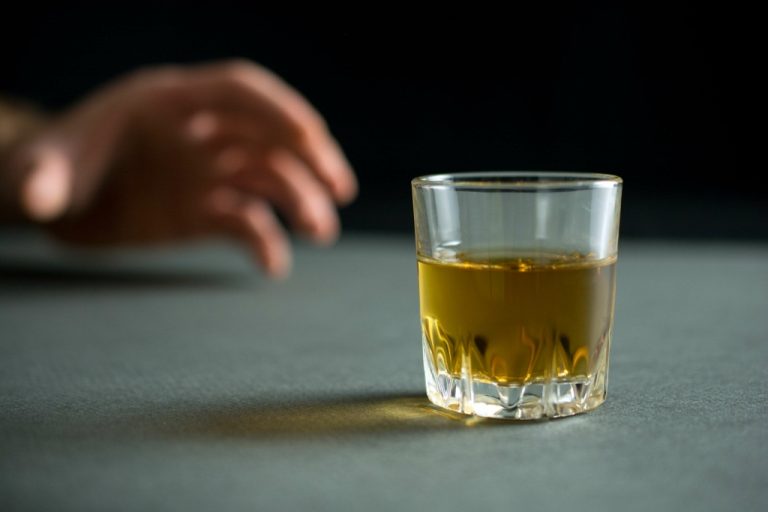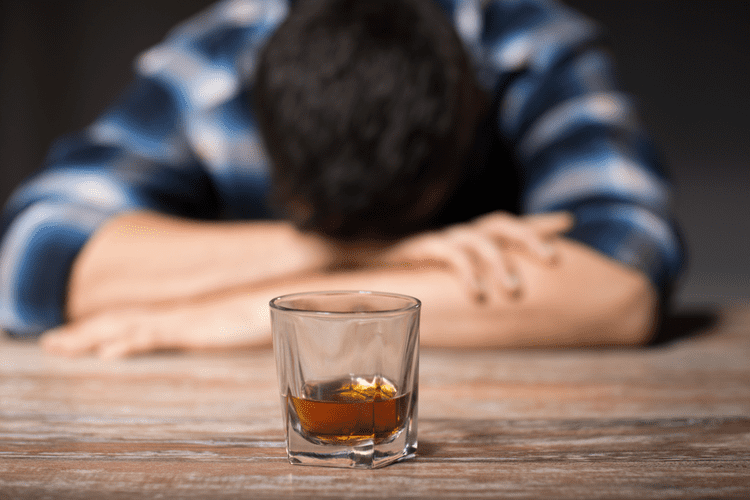It can be brief, and is based on the notion that a person’s level of motivation for change is malleable. Alcohol use disorders may be mild, moderate, or severe, depending on the combination of symptoms you’re experiencing, but drinking problems can exist regardless of a clinical diagnosis. If you believe you’re susceptible of experiencing alcohol addiction or depression, you may want to speak with a mental health professional, such as Alcohol Use Disorder a social worker, counselor, or therapist, about these concerns and how best to prevent or cope with these disorders. Individuals diagnosed with clinical depression should be extremely cautious when it comes to using substances such as alcohol.
Treatments for Depression and Alcohol Abuse

By focusing on the full spectrum of alcohol’s effects, researchers and clinicians can work together to create a brighter future for those struggling with addiction. Moreover, it could inform the development of age-specific treatments that address the unique needs of older individuals with AUD. King’s next project aims to extend these findings to older adults with long-term AUD.

Antidepressants versus psychotherapy
- About 178 abstracts were returned from the search and 18 individual manuscripts using longitudinal and cross‐sectional methodologies with age‐of‐onset data were included in this narrative review.
- Chronic alcohol consumption induces cytochrome P450 enzymes, accelerating the metabolism of tricyclic antidepressants (TCAs) like amitriptyline and doxepin.
- Moreover, an appropriate medical evaluation may also be prudent to ensure that mood symptoms are not the result of reversible medical issues such as hypothyroidism.
- Due to the nature of co-occurring conditions, it is highly recommended that individuals receive treatment from a rehab facility specializing in alcoholism and depression.
- The advent of SSRIs, many of which are FDA-approved, mitigated many of the safety concerns about depressed alcohol-dependent patients taking antidepressants.
Since the protocol for this review was published, Current Controlled Trials has been replaced by the ISTRCN Registry (isrctn.com), and we have searched ICTRP Registry instead. These studies were not included in the analysis as they used self‐administered scales. Measures on craving for alcohol were not available for more than one study for any analysis. Final levels of GGT were not available for more than one study for any analysis.

Lifestyle Quizzes
By making informed decisions about medication use and alcohol consumption, individuals can significantly improve their chances of successful recovery and overall well-being. While the data presented here suggest that an https://scholarships4u.org/the-relationship-between-substance-abuse-and/ integrated approach to the depressed alcoholic patient may be efficacious, the data are not prescriptive; there is not a clear treatment algorithm for this population. Individual differences in response to treatment based on demographic or diagnostic differences are not well-defined in these studies, for example. “An experienced psychiatrist or another mental health professional familiar with mood disorders and the effects of alcohol abuse can be instrumental in recommending appropriate medications and monitoring medication efficacy,” says Kennedy.
- To diagnose SUD, a licensed health or mental health professional must identify a person as having one or more of the 11 criteria outlined by the DSM-5.
- However, alcohol can cause depression by also disrupting serotonin levels in the brain.
- For people with depression who struggle with alcohol use disorder, it’s crucial that they receive integrated care both during and after treatment.
Does genetics make you more susceptible to comorbid alcohol dependence and major depression?
- An additional four manuscripts were identified to describe the prevalence and correlates of SM.
- This test helps to assess the patient’s level of alcohol use and readiness to change.
- It would be beneficial to know precisely under what conditions antidepressant therapy would yield optimal outcomes for treating comorbid depression and alcohol dependence.
- The huge influx of alcohol impairs people more than usual and can lead to worsened symptoms of depression or worse, lowered inhibitions related to suicidal thoughts and suicidal tendencies.
- The relationship between alcohol and depression is bidirectional, with each condition exacerbating the other.
For substantive descriptions of studies see Characteristics of included studies; Characteristics of excluded studies; and Characteristics of ongoing studies tables. The domains of sequence generation and allocation concealment (avoidance of selection bias) were addressed in the tool by a single entry for each study. Two authors (RA, ET) inspected the search hits by reading titles and abstracts. Two authors (RA, ET) obtained each potentially relevant study identified in the search in full text and independently assessed them does drinking make your depression worse for inclusion. All searches included non‐English language literature and studies with English abstracts were assessed for inclusion. Only four trials reported a declaration of the authors reporting possible conflicts of interest.
